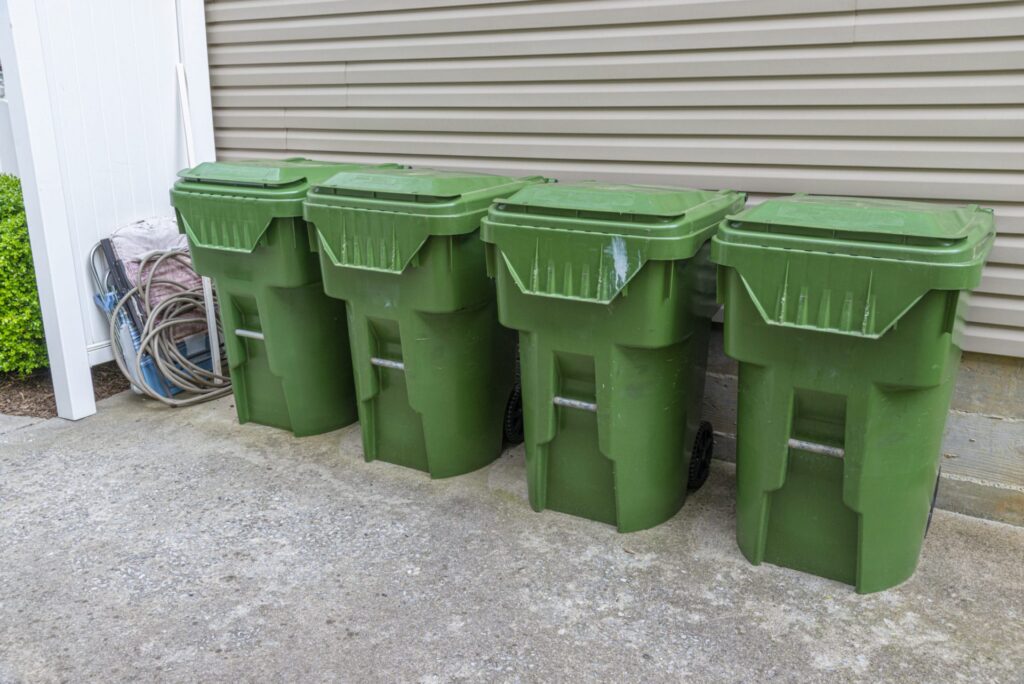The Fourth Amendment prohibits searches and seizures that are unreasonable. While a lot of work as a criminal defense attorney revolves around what it means for a search or seizure to be “unreasonable,” there’s another question that comes up less often, but is just as important: What is a “search”?
Searches Intrude on Your Privacy
An important aspect of a “search” under the Fourth Amendment is that it intrudes on what you should reasonably expect to be able to keep private. Over the past few decades, courts have determined that there are a handful of situations where police searches do not intrude on a suspect’s privacy, because the information the police obtained had been voluntarily given by the suspect to someone else, first. This is the third party doctrine and comes to play in numerous situations that arise in your daily life.
For example, it comes up when police want to search your garbage.
Your Garbage is Not Protected by the Fourth Amendment
When you throw something away, you’ll often put it into a trash bag, tie up the trash bag, put the bag in a garbage can, and leave the garbage can on the curb. Even though the bag itself is often opaque to prevent someone else from seeing it, and even though the garbage can will typically have a lid on it to prevent others from getting inside, courts have decided that it’s a fact of life that these protections don’t prevent people from rooting through your trash.
Additionally, the fact that you leave your trash on the curb, for the sole purpose of letting the garbage man collect it, shows that you’re voluntarily letting a third party access it.
Therefore, according to the courts, it’s unreasonable to expect that your trash will remain private, once it’s been put on the curb, so police can do whatever they want with it, without conducting a “search” that implicates your Fourth Amendment rights.
California v. Greenwood
This was what the Supreme Court of the United States decided in California v. Greenwood in 1988. A police officer got a tip that a certain house was the source of drug trafficking. The officer asked the garbage man to keep the trash from that house separate and to let her search through it. The officer found evidence of drugs trafficking and used that evidence to get a search warrant. When the defendants challenged the search warrant, the Court decided that it was valid because it was not a “search” when the officer rummaged through the suspects’ trash.
Criminal Defense Attorney William T. Bly
The third party doctrine has numerous applications, and many of them impact basic, day-to-day aspects of our lives. As a result, it can come as quite a shock that police are able to search for and obtain evidence that we thought would be kept private.
If you’ve been charged with a crime in the state of Maine, you need the help of a criminal defense attorney to represent you in court. Contact the law office of William T. Bly online or at (207) 571-8146.
